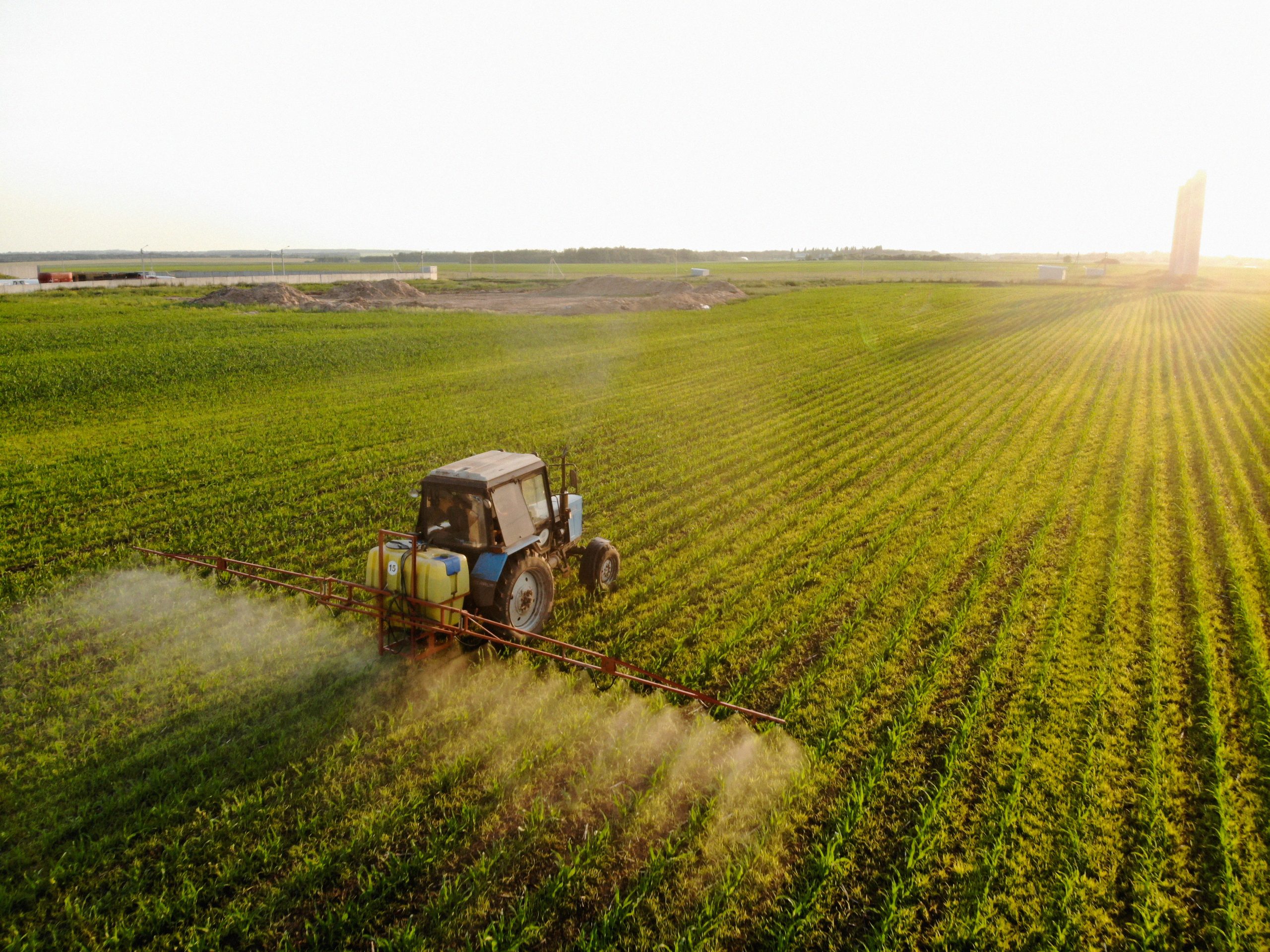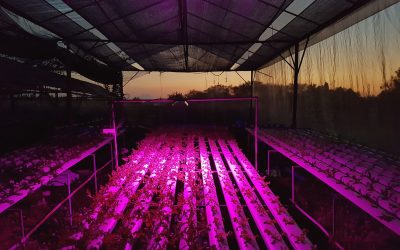In the fields that compose the landscape of our planet, the interaction between soil and plants is a choreography that determines the fate of harvests. Behind every ear of golden corn, every row of lush tomatoes, and every wheat sprout swaying in the breeze lies a fundamental secret: the importance of using fertilizers in the cultivation of healthy and abundant food.
Fertilizers are an essential tool in modern agriculture. They are designed to supplement the essential nutrients that plants need to grow and thrive. In a world where the demand for food is constantly increasing due to population growth, maximizing crop yield has become more critical than ever. This is where fertilizers come into play and the importance of their use. They act as the necessary boost to ensure abundant and high-quality harvests.
Essential Nutrients for Plant Growth
Plants need a variety of nutrients to develop properly. These nutrients, including nitrogen, phosphorus, potassium, calcium, magnesium, and a range of micronutrients, are absorbed from the soil through the roots. They are used in a series of key biological processes, from photosynthesis to the formation of cellular structures.
The soil naturally contains a variable amount of these nutrients, but over time, intensive agriculture and continuous cropping can deplete the levels available in the soil. This is where fertilizer application becomes an essential practice to maintain soil fertility and ensure that plants have access to the nutrients they need to thrive.
Impact of Fertilizers on Crop Yield
Proper fertilizer application can have a significant impact on crop yield and quality. Nitrogen, for example, is crucial for plant growth and protein production. A lack of nitrogen can lead to poor plant growth and a decrease in crop production. The addition of nitrogen fertilizers can increase plant growth and significantly improve crop yield.
Similarly, phosphorus is vital for root development and the formation of flowers and fruits. Soils low in phosphorus can limit plant growth and reduce crop quality. The application of phosphorus-containing fertilizers can improve plant health and increase crop production.
Sustainability and Fertilizer Management
While fertilizers are an invaluable tool for improving crop performance, their excessive or improper use can have negative consequences for the environment. Excess nutrients can leach into groundwater or runoff into nearby bodies of water, causing eutrophication and damaging aquatic ecosystems.
Therefore, it is crucial to adopt sustainable fertilizer management practices that balance the need to maximize crop yield with environmental protection. This may include the use of slow-release fertilizers, precise application based on soil analysis, crop rotation, and the use of cover crops to improve soil health and reduce nutrient loss.
In conclusion, fertilizers play a fundamental role in the success of agricultural crops. They provide the necessary nutrients for healthy and abundant growth. However, their use must be carefully managed to ensure the long-term sustainability of agriculture and environmental protection. By responsibly harnessing the power of fertilizers, we can cultivate nutritious and abundant food for future generations.




